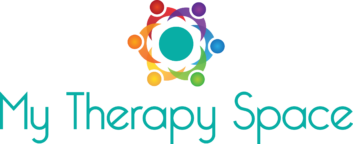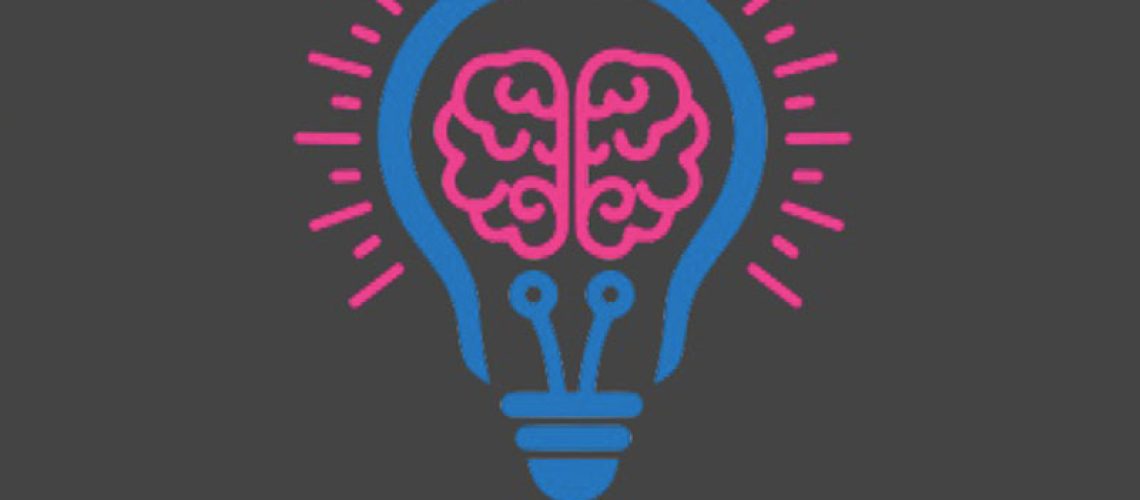This month is ADHD Awareness Month, and this year’s theme is ‘Awareness is Key!’. Our last blog covered information about what ADHD is, and today we’re going to talk about supports that may be available.
What Supports Are Available to People with ADHD?
The ‘gold standard’ for ADHD treatment is a combination of medication and behavioural interventions. ADHD medications help to boost the availability of the chemical messengers in the brain; whilst therapy – be it psychology, occupational therapy or speech pathology, helps ADHDers learn how to work with and support their brain.
Medication
ADHD medications don’t just help with concentration, they also provide the ADHD brain with the chemicals it needs to feel good, sleep easily, and regulate emotions and behaviours. Without these chemicals, it takes a lot of energy for an ADHD brain to regulate itself, and this can leave a person feeling like they’re “‘running on empty’’ far quicker than others. Not every ADHDer may want to or feel the need to take medication, and that’s okay. As with any medication, consulting a trusted health professional is an important part of deciding if medication is right for you or your child.
The Support Team for ADHD
People with ADHD can benefit from a variety of professionals working together as a therapy team. Here’s how each can help:
- Speech Pathologists: These specialists assist with any language or learning challenges. They can help with building skills in following instructions, clearly expressing thoughts, and improving reading and spelling skills. They also work on social communication, stuttering, and voice issues, which can be important for someone with ADHD.
- Occupational Therapists: These therapists focus on helping ADHDers with organization, memory, sensory and emotional regulation, and coordination. They help build skills and find tools to make daily tasks easier.
- Psychologists: They support ADHDers by helping them understand how their brain works differently and by addressing the big feelings that can come from being misunderstood or bullied because of their differences.
- Dieticians: These professionals ensure that people with ADHD get the right nutrition to support their brain and body. They can also help make meal planning, cooking, and eating easier. Some people with ADHD might forget to eat for long periods, while others might overeat for comfort. Dieticians can provide valuable support in these areas.
Together, this team can make a big difference in the lives of people with ADHD!
Community
Of course, the most important support an ADHDer can have is the support of their family and loved ones. Having a community of people who understand, accept and value them for who they are and how their brain works makes all the difference in the wellbeing of a person with ADHD.
At My Therapy Space, we work with many children and their families who have ADHD. We love teaching people about how their brains work and supporting them in developing any skills they want to improve.

